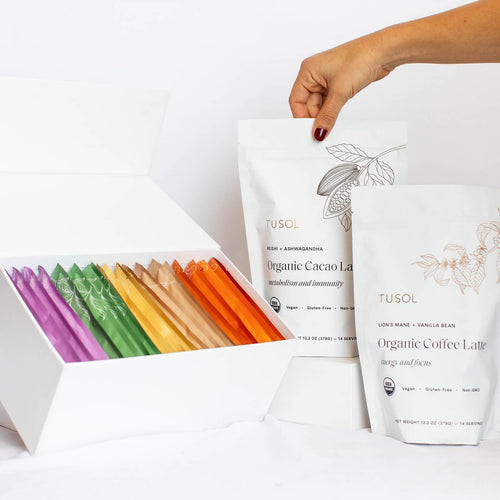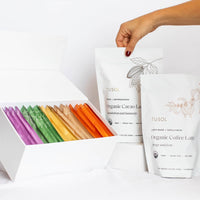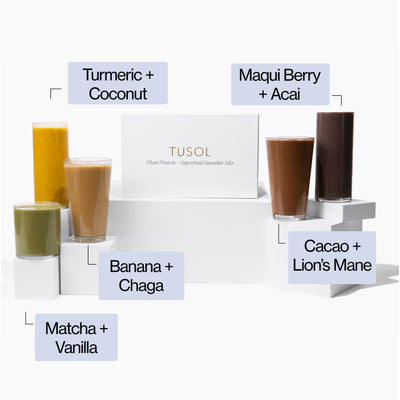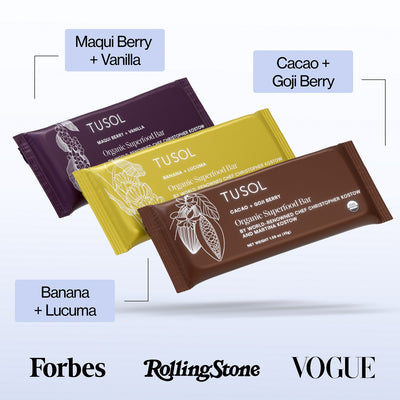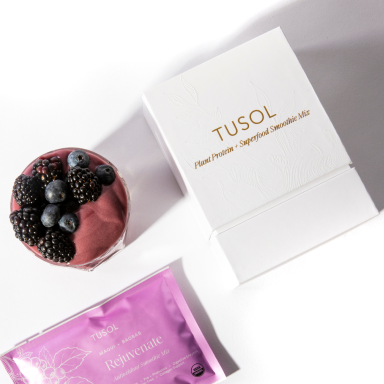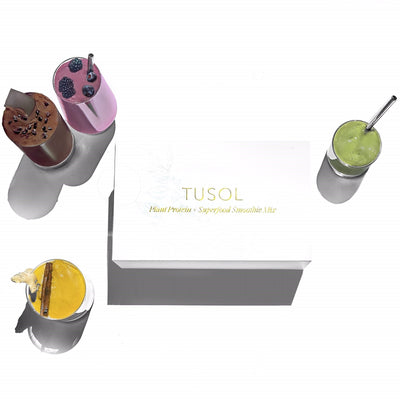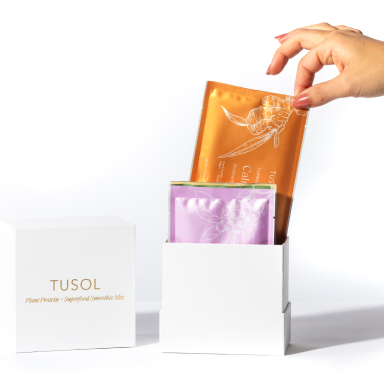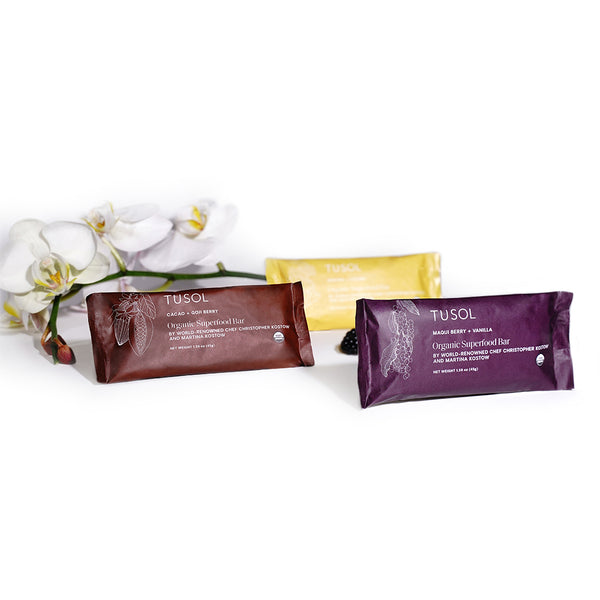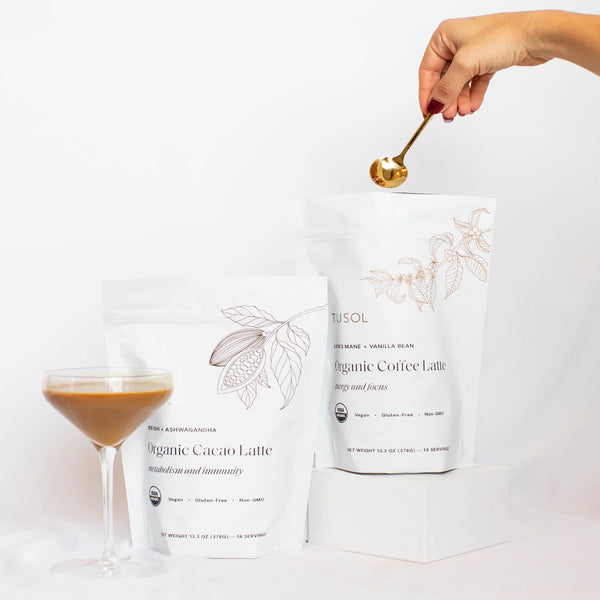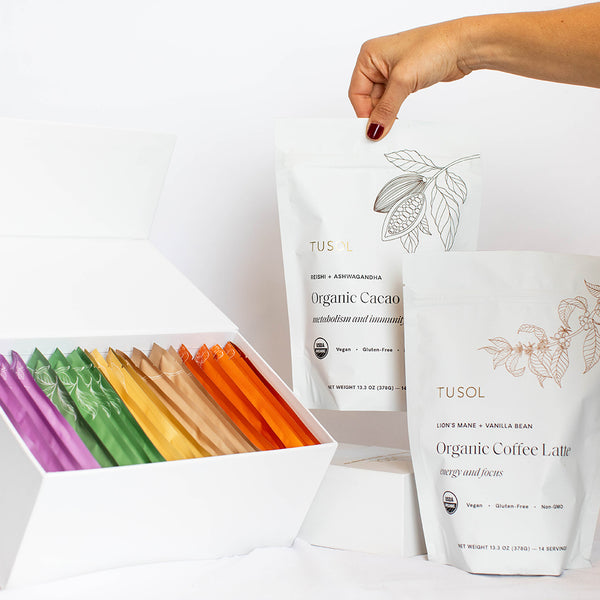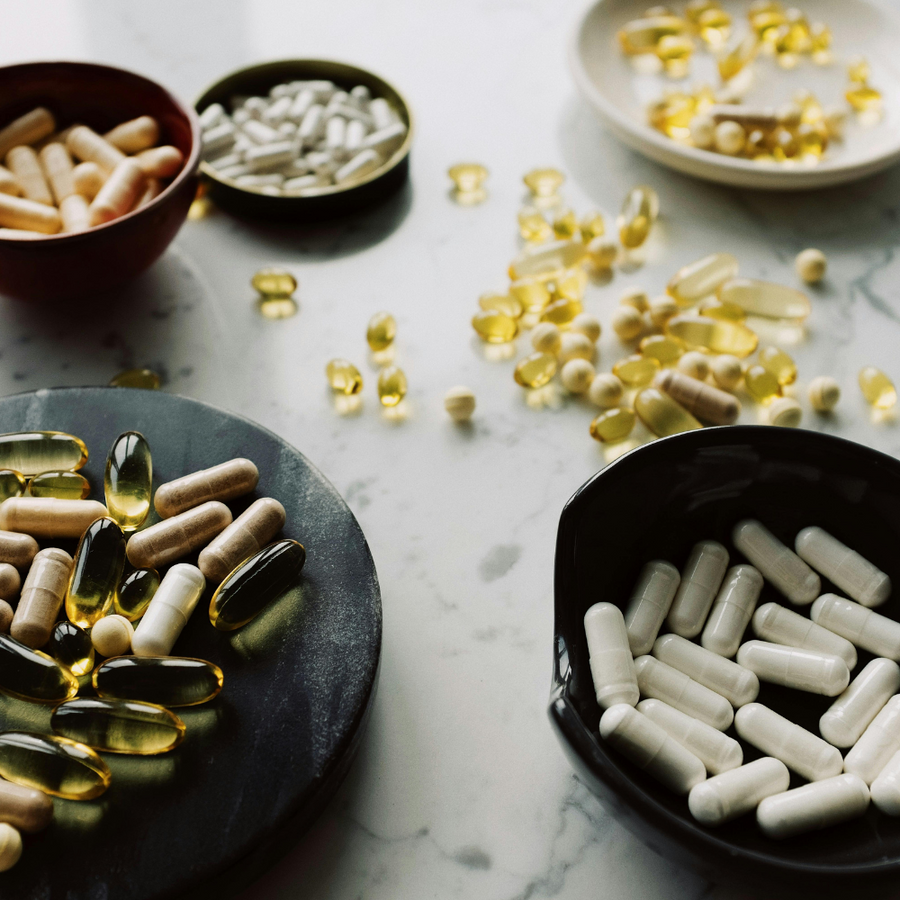This Is Why You Might Have Chronic Inflammation And Not Even Know It
Anytime you get a cut or a wound, your body is programmed to respond with inflammation. The area of impact will generally turn red and start to swell, and if all goes according to plan, the inflammation will resolve fairly quickly.
But what happens if this response persists within your body, and you go about your day without realizing that your insides are burning up? What if this inflammation goes on for weeks, months, or even years? Typically, some signs of chronic inflammation will appear, but these can be easily overlooked as they’re common symptoms that we’ve all encountered at some point in our lives.
This is really important information to know because even if you are a fit athlete, stress and other factors that go hand in hand with living in an active competitive lifestyle can create inflammation in the body.
The Link To Diabetes
Inflammation has been recently linked to diabetes, the inability to regulate glucose. If you haven't gotten to the point of being diabetic, you can still become chronically inflamed and hinder the ability to correctly process glucose to create energy. That means, nothing comes into the cell and nothing goes out.
The body starts to store glucose that can't use as fat, and stuffing the liver like a sausage with more glucose, exhausting the pancreas, thyroid and increasing the stress response with adrenaline and cortisol. Basically the hormones start to become unbalanced because in a way they are all connected to each other. Like a jenga game, pull the wrong hormone and the whole thing collapses.
Have you ever met someone with diabetes that gets dementia later in life? It's not surprisingly very common, there has been many studies linking these two. A glucose depleted brain and an accumulation of glucose in the body. Ironic? Yes.
8 Signs of Chronic Inflammation
Here are 8 of the most common signs of chronic inflammation that we tend to overlook:
- Tired, low energy
- Extra weight around the waist
- Puffiness around the face (especially under the eyes)
- Depression or brain fog
- Digestive issues (constipation, bloating, gas)
- Skin problems (eczema, itchiness, acne)
- Allergies
- Gum disease
What is Chronic Inflammation?
Chronic inflammation occurs when the natural injury response lingers, leaving your body in a constant state of alert. Over time, chronic inflammation may negatively impact tissues and organs, and can lead to a range of conditions including everything from asthma to cancer.
When a cell becomes injured – as a result of poor health or diet – it starts sending signals to neighboring immune cells or cells with repair functions to get the healing process going.
This is the point at which things can start to go wrong. When inflammation persists, the telomeres (protective caps at the end of each strand DNA) within the nucleus DNA of the cell have an abnormal response to DNA damage.
The telomeres are so preoccupied with protecting themselves that even though the cell has called for help, the telomere won’t allow help to come in through the cell membrane. An injured telomere will sit inside an aging cell for months, signaling repeatedly for help, but not allowing the cells to take action to resolve the damage.
The Rotten Barrel
At this point the cell becomes like a rotten apple in a barrel, and starts damaging all the tissues around it. The process of continuous signaling for help involves sending chemicals including pro-inflammatory cytokines. Over time these inflammatory cytokines continue to travel throughout the body resulting in wide-range inflammation.
It has been shown that these particular cells create a friendly territory for cancer growth.
When the cell membrane is damaged, its receptors are unable to take any orders. These receptor proteins are the “eyes” and “ears” of the cells, receiving messages from substances in the bloodstream and then telling the cells what to do. In other words, the receptors act like an on-off switch for a particular activity in the cell. If the right substance comes along that fits into the receptor — like a key fitting into a lock — the switch is turned on and a particular activity in the cell begins.
If inflammation is not rectified immediately, then the cell is not able to process this sequence. This is why reducing inflammation is essential before doing any kind of hormone therapy. Most people don’t actually lack the hormone they are deficient in, the inflammation is just not allowing the hormones to penetrate into the cell.
Energy Outage
One of the most prominent signs of chronic inflammation is a general lack of energy. During the inflammation process, there is reduced energy production within the cell. ATP (Adenosine triphosphate), the chemical responsible for providing energy to drive cellular function, is made by inside the cell by the mitochondria. There are approximately 2,500 mitochondria per cell.
Each cell is a little energy factory, and just like the host cell they also have membranes that encase these inhabitants. During inflammation, these membranes become harder to penetrate, leaving you with lower energy because nothing is able to travel in or out of the cell. It’s essentially like having thick brick walls around the cell and the mitochondria.
Furthermore, the mitochondria produce toxins as byproducts when they combust to make energy. These toxins need to be able to exit the cell through the membrane, and allow the right nutrients to come in through the membrane. While chronic inflammation is taking place, nothing is coming in and out of the cell, and therefore toxic waste accumulates.
This is when glutathione can come in handy. It’s a master antioxidant and detoxifier of every cell in the body. Your body naturally synthesizes glutathione when given the right amino acids, but when the cells are inflamed, glutathione levels decrease and it is simply unable to clear the toxins within the cell wall. Thus continues the vicious cycle.
Causes of Inflammation
1. Poor Dietary Habits
Today’s Standard American Diet is composed largely of the “bad” kinds of fats, including trans-fats and polyunsaturated fatty acids. Cell membranes are made up of fats, and including the right kinds of fats into your diet is crucial for maintaining cellular function. “Bad fats” inhibit this function and lead to inflamed membranes and increased inflammation.
Trans-Fats:
This type of fat offers no nutrition value and is extremely harmful to your health. It is found frequently in fried foods, processed foods, packaged snacks, and baked goods.
Polyunsaturated fatty acids (PUFA’s):
PUFA’s are a type of unsaturated fat. “Unsaturated” means they are lacking a hydrogen atom. In turn, they have at least one double-bond in the carbon chain. Foods high in PUFA’s are canola oil, corn oil, margarine, potato chips, commercially-raised beef, poultry and eggs. Animals fed a diet high in PUFA’s have high levels of this fat in their tissues which can wreak havoc when consumed.
The worst food combination you can eat is food high in PUFA's and glucose. Because the glucose will have nowhere to go as you cause damage to the cells and mitochondria. A food example will be a donut, it is fried with loads of sugar.
2. Chronic Infections
Fungal infections, parasites, and common viruses are quite common, and can easily lead to chronic inflammation. Once infected, your body retains many viruses for life. Most people don’t know when they have some of these particular viruses (such as Cytomegalovirus), because it rarely causes noticeable problems in healthy people.
Oil of oregano is a potent, natural anti-viral substance. It breaks down the biofilm that viruses use to encase themselves in. Take a few drops in the mornings on your tongue from Oil of Oregano drops by North American Herb & Spice
If you are traveling in an airport, another potent supplement that works wonders is propolis. Collected by the bee's from plant and tree resins. Bees use antioxidant-rich propolis to line the walls of the hive to protect against microscopic foreign invaders.
They even keep a propolis at the entrance of the hive to ensure that no bees track in any unwanted germs. Get the throat spray from Beekeeper's Naturals
3. Non-living Toxins
Every day we come in contact with environmental chemicals that contribute to cellular dysfunction. Common toxins include mercury, lead, aluminum, inorganic copper, benzene (commonly used in gasoline), and phosphates (found in fertilizers). Eating a lot of sushi can expose you to mercury, canned food and toys can expose you to lead, and deodorant often contains aluminum.
Do you have tooth fillings or amalgams in your mouth? Dental amalgam fillings contain mercury and other metals. Sipping on a hot cup of coffee can release some of the mercury toxins into your gut; creating inflammation.
Choosing products free of metals is important in lowering the chances of accumulating mercury, and other heavy metals in our system.
Start with choosing a healthier deodorant like this Magnesium, aluminum-free deodorant from Magsol
In addition, spirulina is also a potent heavy metal detoxifier therefore it’s crucial to make sure that the spirulina you’re purchasing has been thoroughly lab tested for heavy metals. We love Black Gold Spirulina Powder by Crucial Four as it’s clean and toxin-free.
4. Supplements to Target Inflammation
Helping the body detoxify at a cellular level is key to combatting chronic inflammation. Most importantly supplementing with the following accelerates the process of detoxification, and helps the cells restore proper function. Here's some of our favorites:
SOD (Superoxide-Dismutase): SOD’s are another antioxidant/anti-inflammatory compound made by the body and naturally present in high concentrations in chaga mushroom. Brewing this mushroom into tea in the morning is a good way to start fighting cellular decay Maine USA Wild Harvested Chaga Fine Powder
Glutathione: Although the body can synthesize glutathione on its own, supplementing with this compound can help the cells detoxify rapidly. We recommend Liposomal Glutathione by Quicksilver
Turmeric: Curcumin, the active compound in turmeric is shown to be a powerful anti-inflammatory. In addition, some studies have shown that curcumin is more powerful than ibuprofen, and when mixed with ginger and black pepper, it’s anti-inflammatory properties are enhanced. Get it in liquid form and add to your water for a refreshing drink Omica Organics Emulsified Turmeric Concentrate
He Shou Wu or Fo-Ti: This ivy is frequently used in Chinese Medicine for its powerful anti-inflammatory properties. It’s high in zinc, a powerful mineral known to enhance the function of vitamin C.
Bromelain: The proteolytic enzymes of pineapple have potent anti-inflammatory properties. Bromelain has been long prescribed as a post-op remedy to reduce swelling and speed up healing. Add it to your smoothies or elixirs. Get it form Samsara Organics Bromelain
Be Kind To Your Ecosystem
It’s important to remember that there are 50 trillion cells in your body, 900 trillion mitochondria, and about 2 lbs. of bacteria in your gut itself – each with its own DNA. We need to stop thinking of ourselves as individuals, and start thinking of ourselves as a big community of living organisms.
Learning to live in harmony with these organisms and our surroundings will allow our ecosystem to thrive for a healthier longer life. Identifying and mitigating chronic inflammation is just one step in this process.
